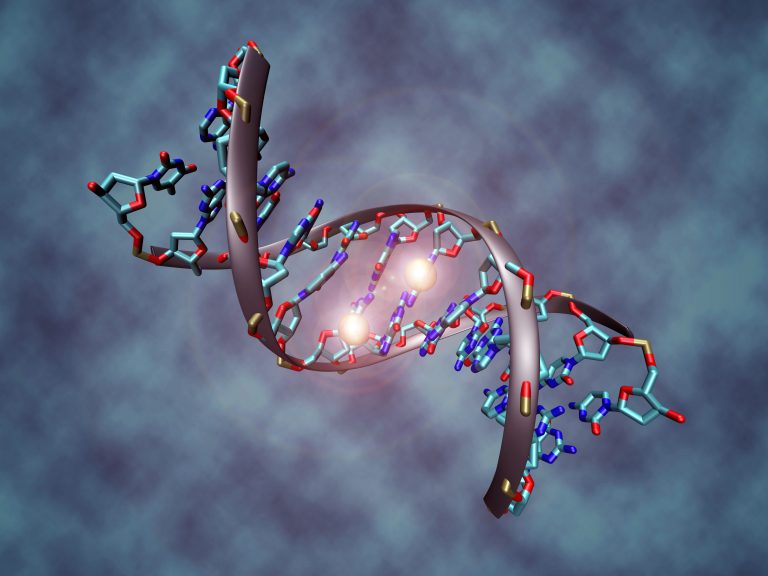
Researchers based at the ICREA institute in Barcelona have discovered epigenetic factors linked to increased risk of developing a more severe case of COVID-19, most of which are located in genes that regulate the response of interferon to viral infection.
Over the last year it has become clear that SARS-CoV-2 infection manifests very differently in different people, with around 85% experiencing anything from no effects to moderate flu-like symptoms and around 15% developing much more serious disease requiring hospitalization.
Although there are known risk factors that make it more likely for people to be in the more serious group, such as older age, male gender and having other conditions such as diabetes, there is still considerable uncertainty around predicting who will require hospitalization after becoming infected.
Genetics is thought to play a role in response to SARS-CoV-2 with recent studies suggesting links with genes involved in blood group determination and regulation of interferon type 1 immunity. However, less is known about how epigenetic markers regulating gene expression could impact disease response.
To investigate this further, Manel Esteller, Ph.D., a professor based at the University of Barcelo and ICREA and Aurora Pujol, M.D., Ph.D., also an ICREA professor, and their colleagues carried out an epigenome-wide association study of 407 individuals with confirmed COVID-19.
Those included in the study were 61 years or younger and did not have additional comorbidities. Of those included, 194 had mild disease not requiring hospitalization and 213 had severe COVID-19 and were admitted to hospital where they received respiratory support.
The researchers split the cohort into two equally sized groups (half mild disease and half severe in each group) for discovery and then validation purposes. They then assessed the DNA methylation status of 850,000 CpG sites in the DNA of these patients using blood samples.
Overall, 44 CpG sites were significantly associated with COVID-19 disease severity, 23 of which were located in the coding sequence of genes. Many of these genes had functions linked to immune regulation and the release of interferon by the body in response to viral infection such as AIM2 and HLA-C, which both had two CpG sites linked to disease severity.
The research team created an EPICOVID signature from their findings in the discovery group, which they tested in the validation group of patients. They found it was able to predict disease severity with a specificity of 88.18% and a sensitivity of 77.78%.
They then tested a separate group of 338 healthy volunteers to see how prevalent this epigenetic signature was in the population. Approximately 13.3% of the group tested had this signature and 86.7% did not, a similar ratio to the number of people who seem to develop severe disease versus those who do not.
“Given the pandemic extension of the disease, all the actions that might improve patient care by optimizing the efficiency of the medical resources and costs are welcome additions to our prognostic portfolio,” write the researchers in a paper describing their work published in the journal EBioMedicine.
“In this regard, early categorization and stratification of COVID-19 patients according to their potential clinical severity could also help reduce associated morbidity and mortality. The epigenetic biomarker-based COVID-19 risk assessment signature developed in our study, combined with other genetic, cellular, serological and clinical parameters, could identify patients who require close monitoring and early active treatments to prevent the progression of the disease as far as possible.”













